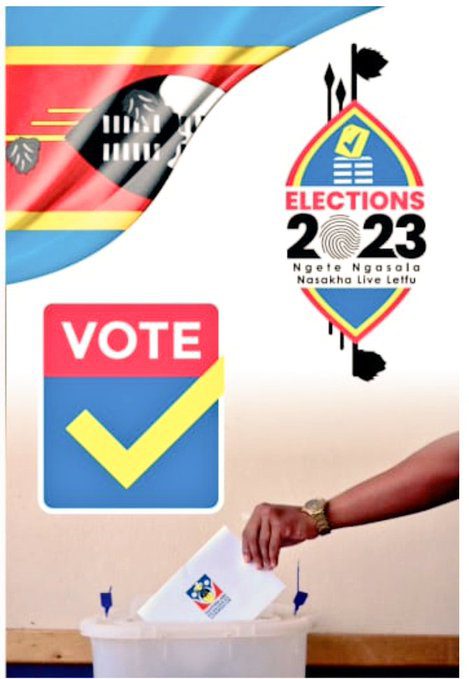APA-Mbabane (Eswatini) Close to 600,000 Swatis are voting Friday to elect members of parliament in a country where opposition political parties are banned and elections are merely an academic exercise as the levers of power are firmly in the hands of King Mswati III.
According to the Elections and Boundaries Commission, more than 583,000 Swatis are eligible to vote at polling stations dotted across the southern African kingdom with a population of around 1.1 million.
Eswatini’s system of government is based on its own Tinkhundla system of democracy. Inkhundla or Tinkhundla is a Swati name for a constituency.
The House of Assembly consists of 59 elected seats and up to 10 chosen by the king.
The 59 elected Members of Parliament (MPs) are elected in a two-round system, with primary elections that were held in August in 385 chiefdoms each choosing a candidate for Friday’s secondary election.
In the secondary election, the 385 chiefdoms are divided into 59 constituencies, with winners of the first round of voting held in August contesting as independent candidates in the constituencies under which their chiefdoms fall.
Candidates with the majority votes become the winners and MPs.
King Mswati III nominates a further 10, bringing the total number of MPs to 69. He also appoints the prime minister.
The electoral system is one of the issues behind deadly protests in Africa’s last absolute monarch in June 2021 when pro-democracy activists took to the streets to demand political reforms.
The protesters are demanding a change of the system of governance to bring the monarchy to an end, as well as recognition of opposition parties.
Participation of opposition parties in Eswatini politics was banned in 1973 by then monarch, King Sobhuza II, who is the father to King Mswati III. The system has remained in place since then.
JN/APA


